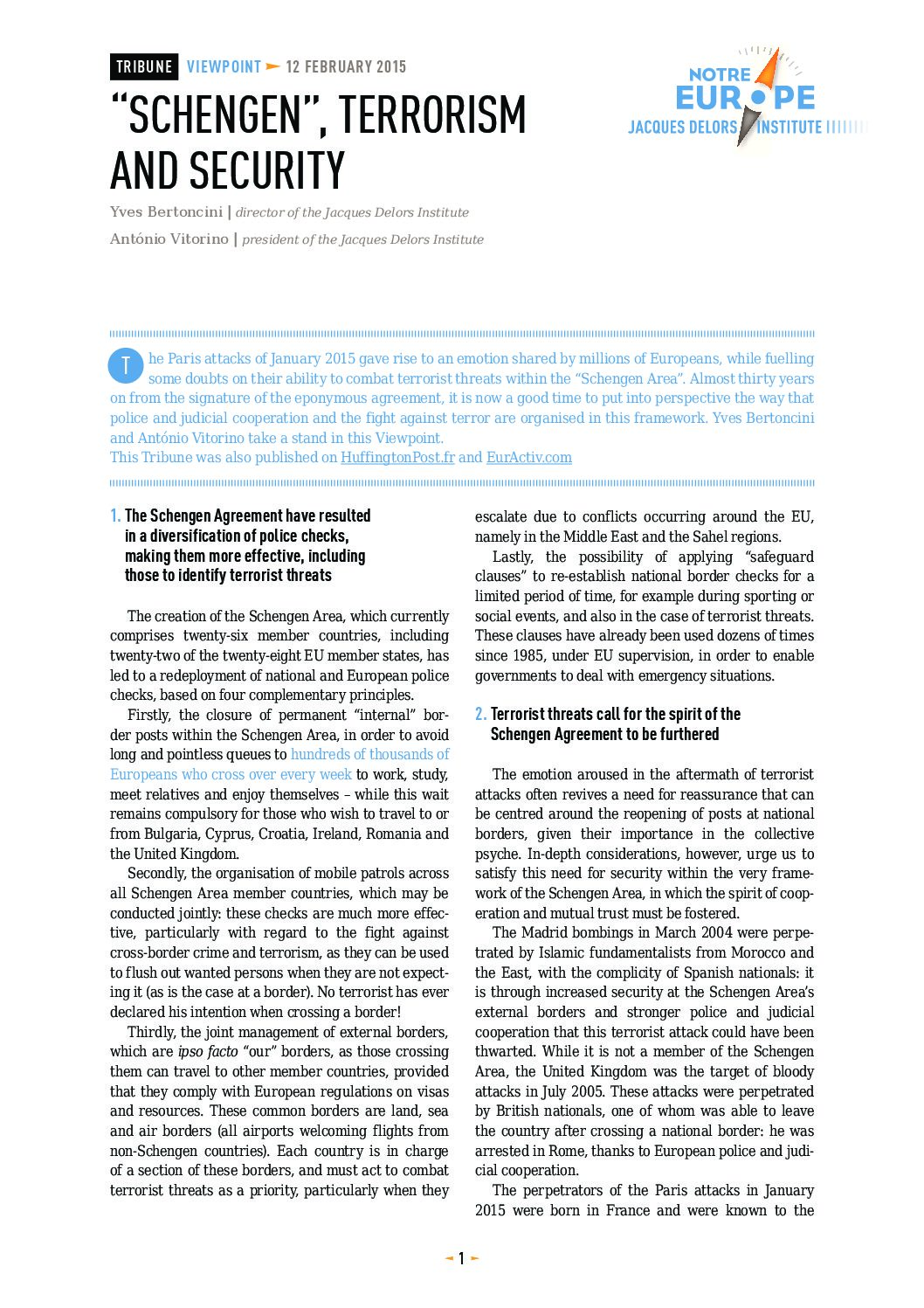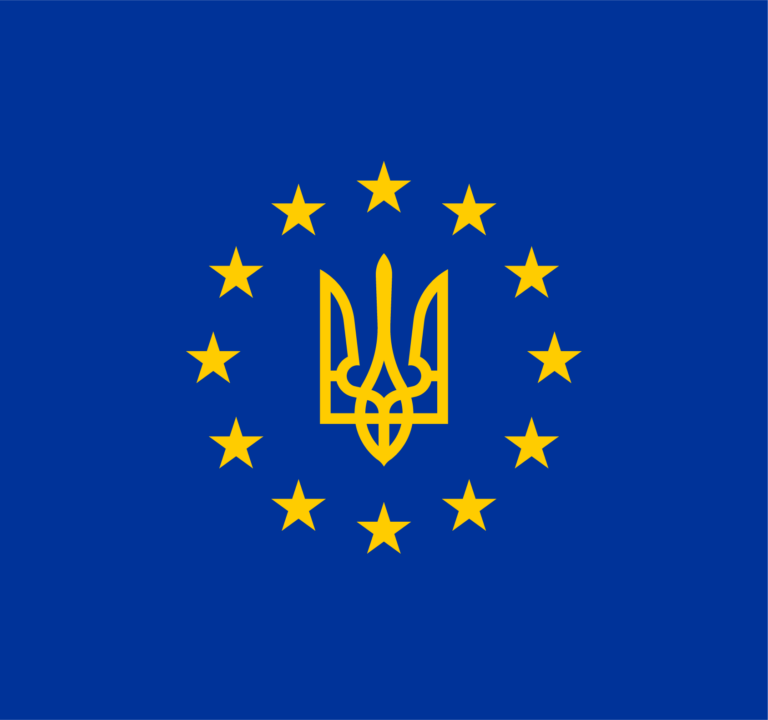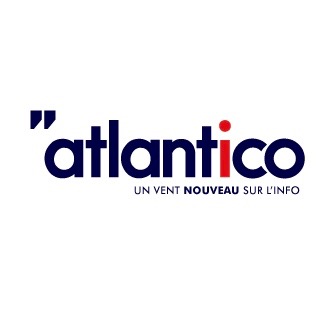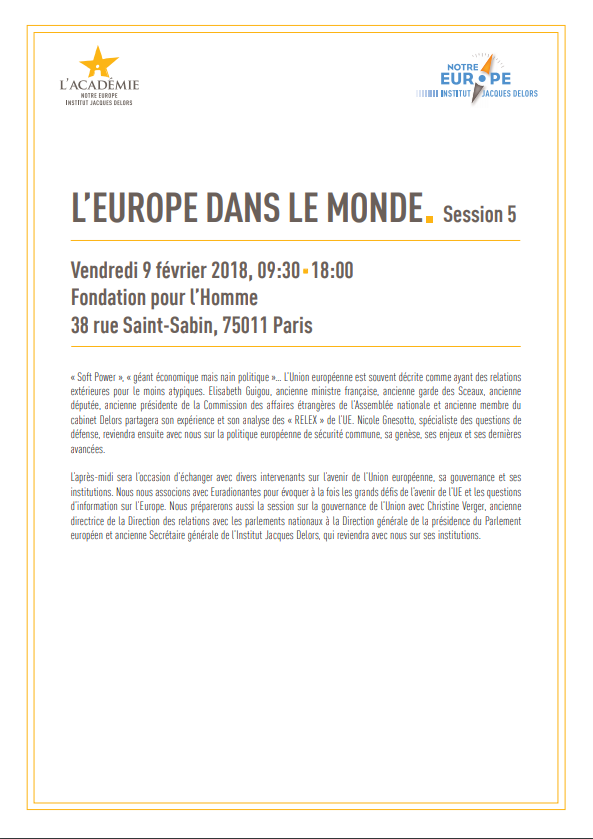Other document
“Schengen”, terrorism and security
Almost 30 years on from the signature of the Schengen agreement, it is now a good time to put into perspective the way that police and judicial cooperation and the fight against terror are organised in this framework. Y. Bertoncini and A. Vitorino take a stand.
The Paris attacks of January 2015 gave rise to an emotion shared by millions of Europeans, while fuelling some doubts on their ability to combat terrorist threats within the “Schengen Area”.
Almost thirty years on from the signature of the eponymous agreement, it is now a good time to put into perspective the way that police and judicial cooperation and the fight against terror are organised in this framework.
Yves Bertoncini and António Vitorino take a stand in this Viewpoint and focus on three key issues:
1. The Schengen Agreement has resulted in a diversification of police checks, making them more effective, including those to identify terrorist threats;
2. Terrorist threats call for the spirit of the Schengen Agreement to be furthered;
3. The police and judicial cooperation organised by the Schengen Agreement and the EU must be reinforced, including cooperation to combat terrorism.
An improved application of the Schengen Area’s operating rules is without doubt possible, to enable its member countries and the EU to withstand terrorist threats. Questioning these rules does not in any way impede freedom of movement, a right granted since the Rome Treaty to all EU residents, regardless of whether or not their country is a member of the Schengen Area. Yet this would make the exercise of this right much more complex and costly, while undermining the shared responsibility that Europeans require in order to dismantle terrorist networks.
This Tribune was also published on the HuffingtonPost.fr and on Euractiv.com.
SUR LE MÊME THÈME
ON THE SAME THEME
PUBLICATIONS
White Paper: what prospects for a European armament policy?

The EU could and should put an end to unanimity when it comes to sanctions

Towards an EU–Ukraine alliance: A plan for an EU–Ukraine Joint Training Mission

MÉDIAS
MEDIAS
« Pologne, la puissance européenne de 2025 ? »

Nicole Gnesotto, historienne : « D’un pacifisme structurel, l’Europe doit passer à un réarmement solide »

L’OTAN demande aux entreprises européennes de se préparer à un “scénario de guerre” : concrètement, de quoi la France est-elle capable ?

ÉVÉNEMENTS
EVENTS
Euroquestions #67 | European defence in the face of war in Ukraine [FR]

Académie Notre Europe | Session in Brussels [FR]

Euroquestions 56 | How can the European Union arm Ukraine?

Euroquestions #55 | European foreign and defense policy tested by the war in Ukraine [FR]

Euroquestions | Franco-German relations: 2023, year of recovery? [FR]

Euroquestions | Is war in Ukraine putting cybersecurity at risk in Europe?

Euroquestions | War in Ukraine : the European Union’s response, beyond sanctions [FR]

EUROPEAN DIPLOMACY AND THE UNION’S EXTERNAL ACTION [FR]

Académie Notre Europe – L’Europe Commerciale et de la Défense

Copenhagen, 16 September 2019 – Prospects and Challenges in European Security

Lille, 25 octobre 2018 – Europe of defense in a world of bullies

Blois, 12 October 2018 – Cooperation, competition or war? Globalization in all its States

















